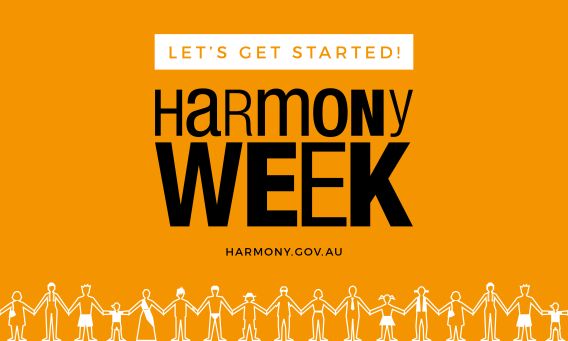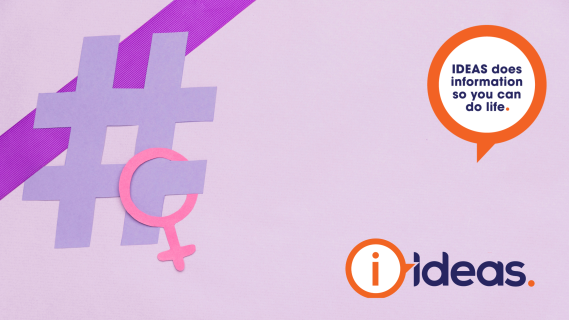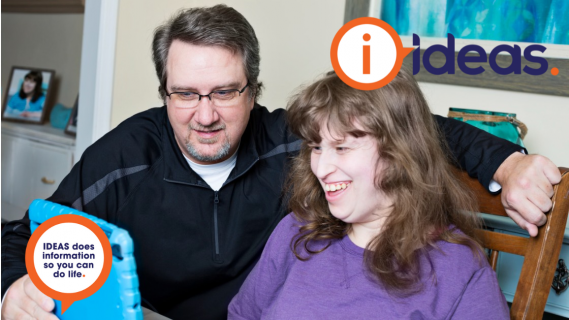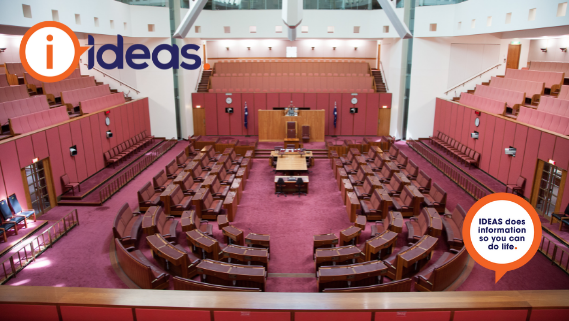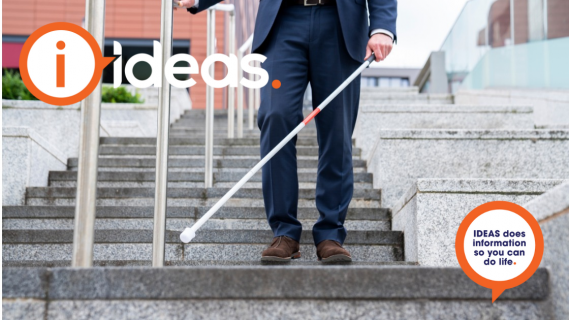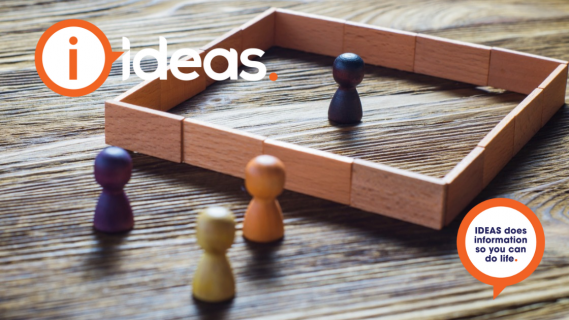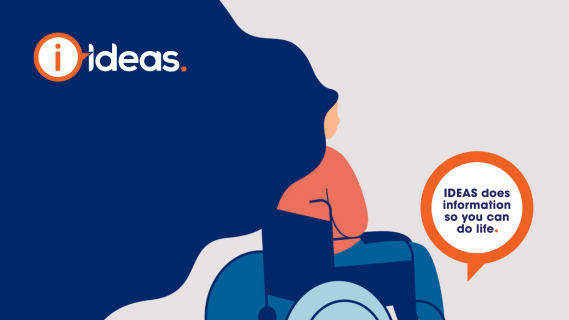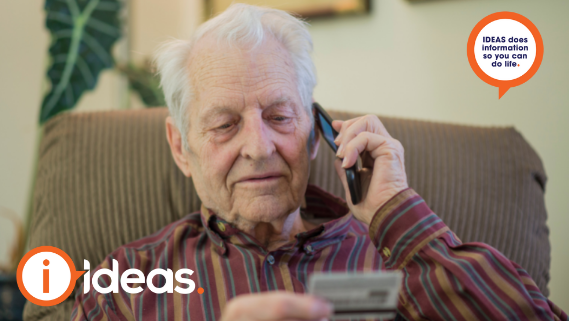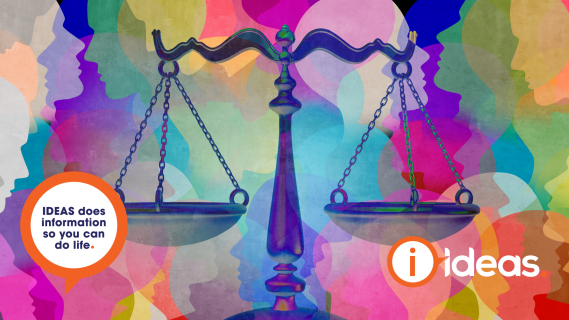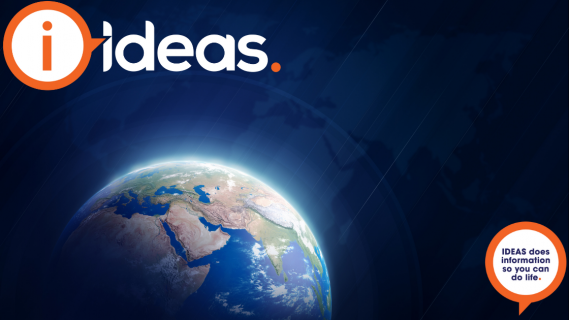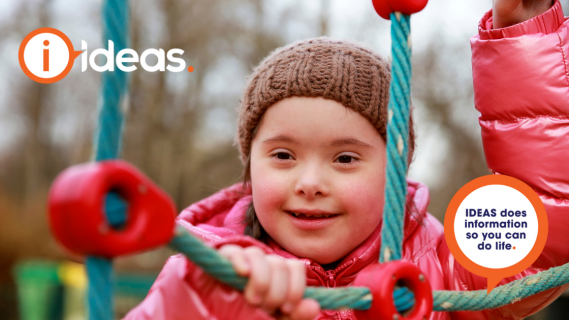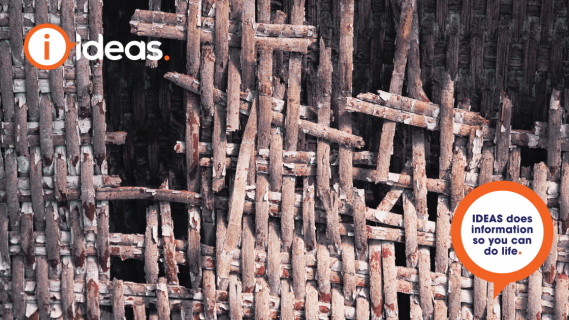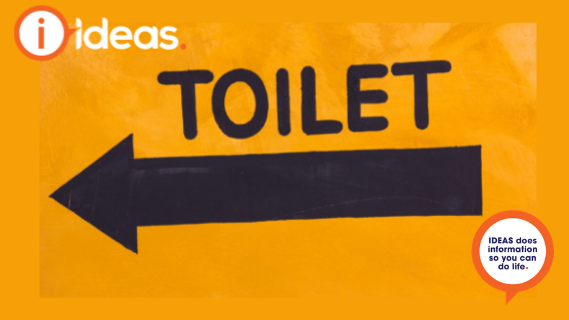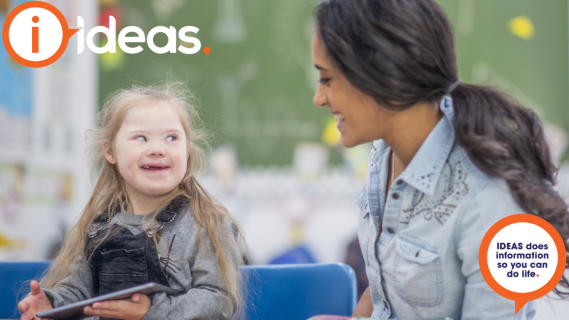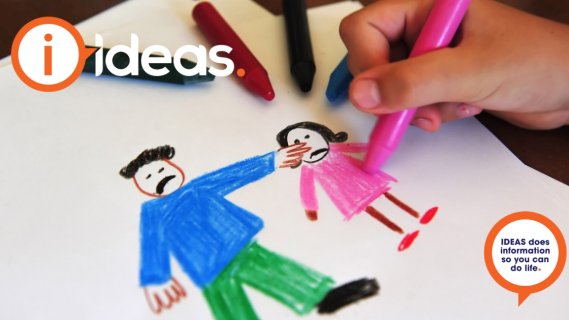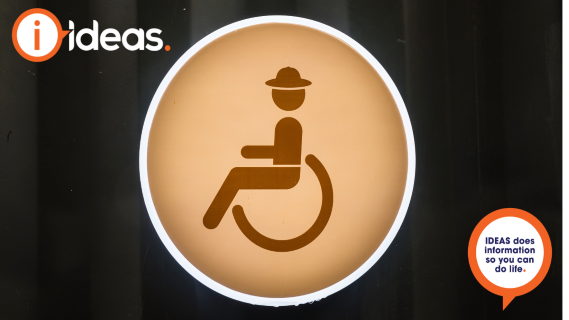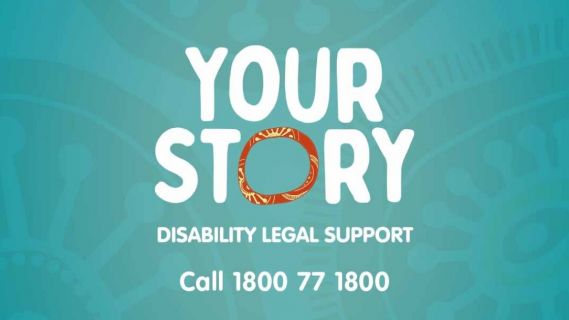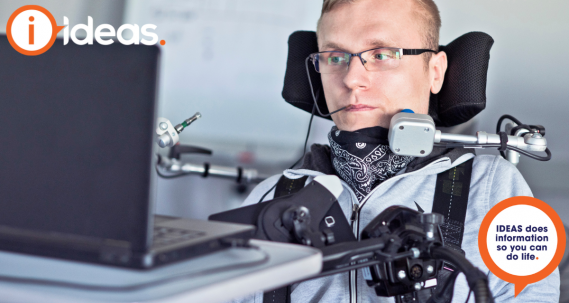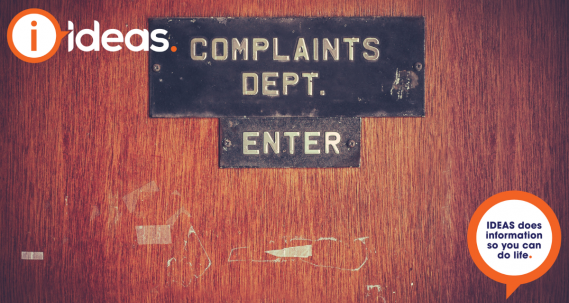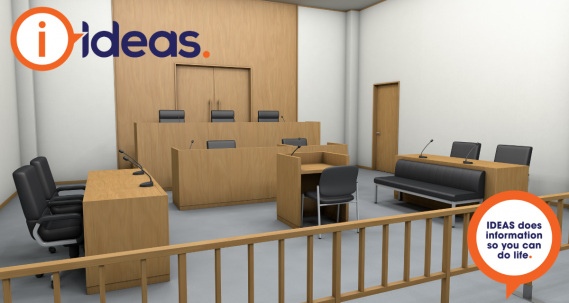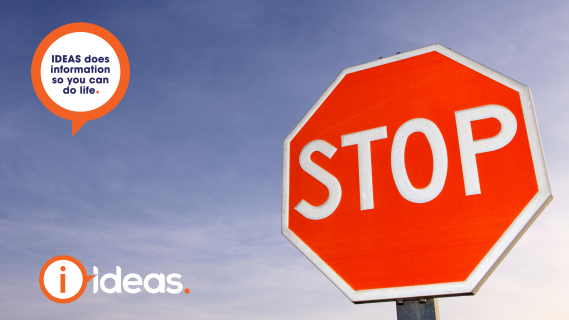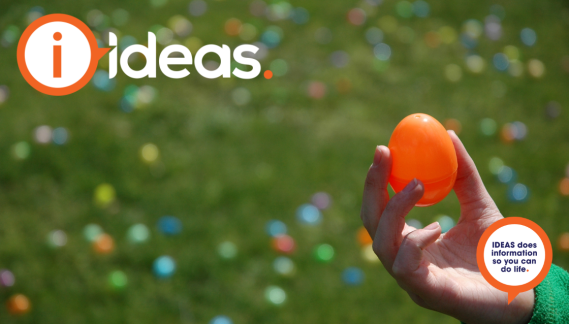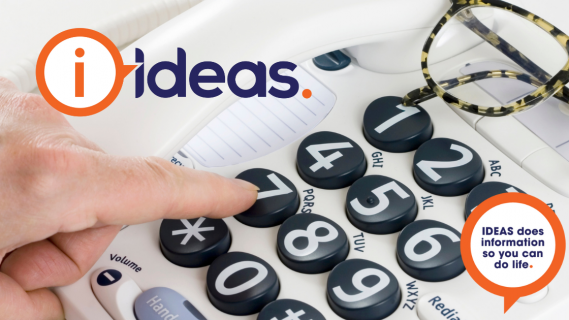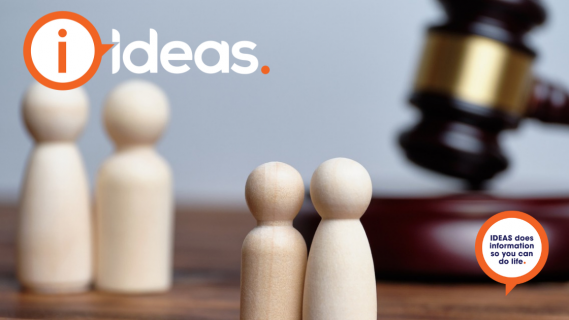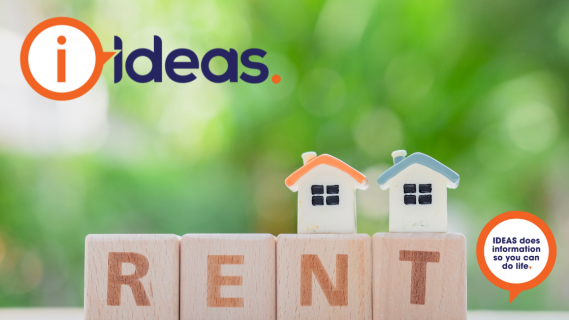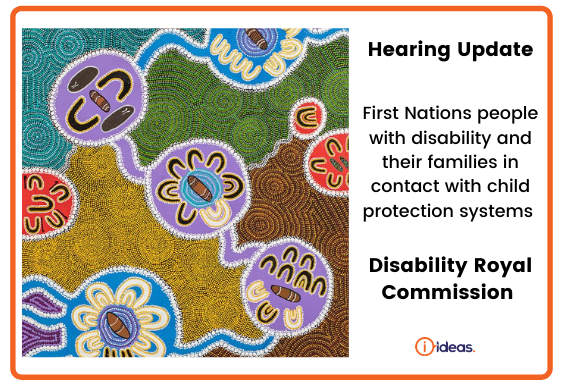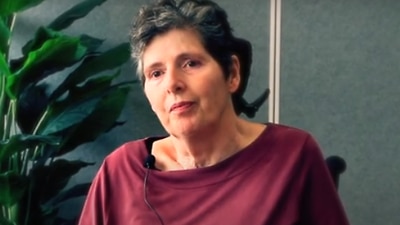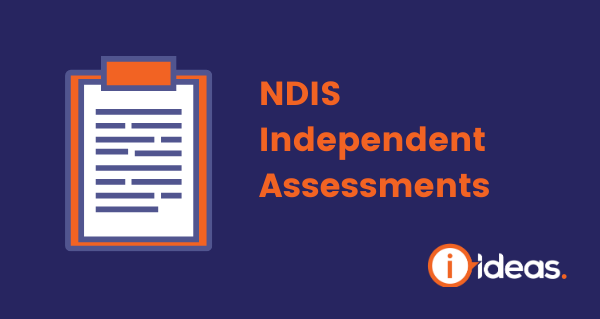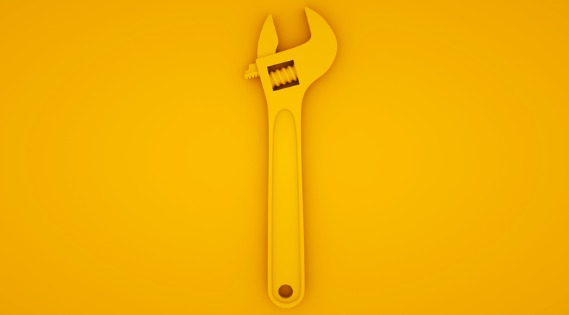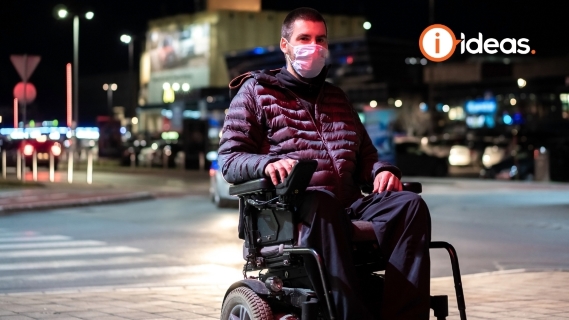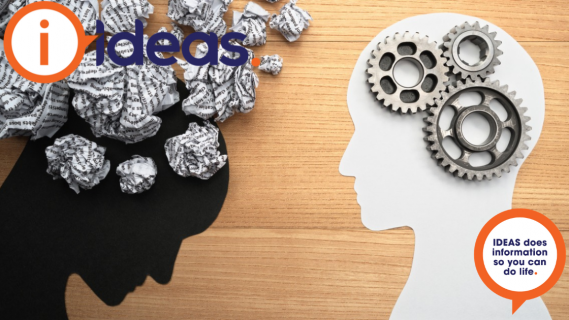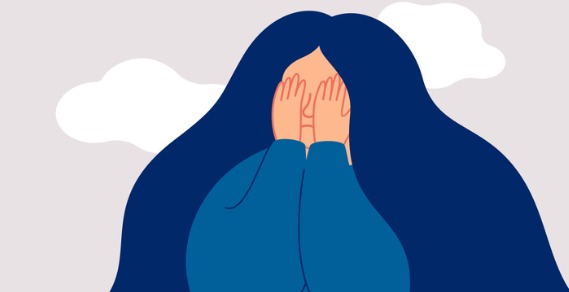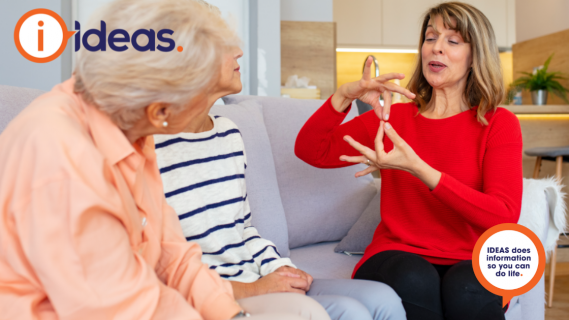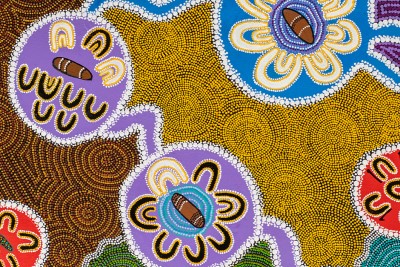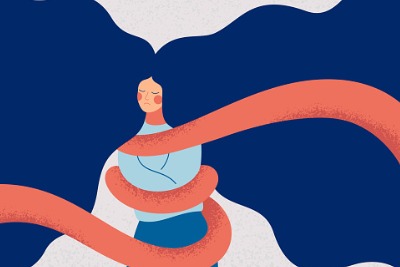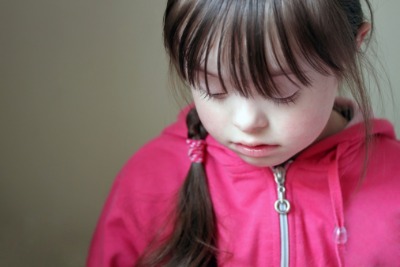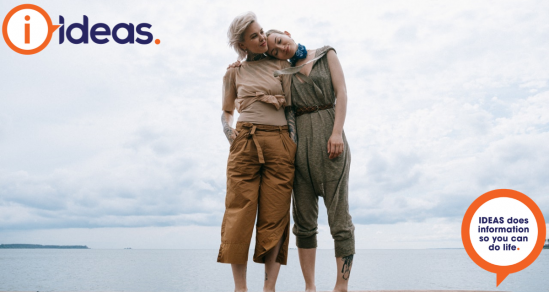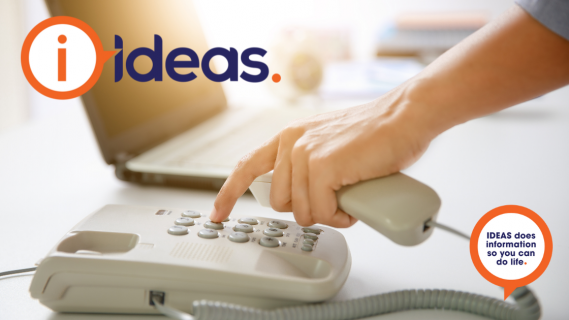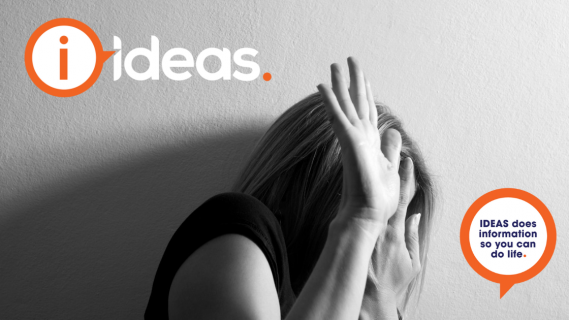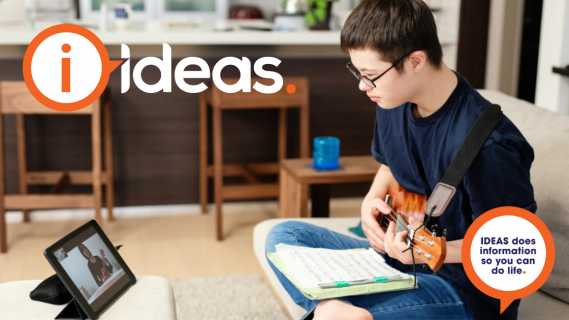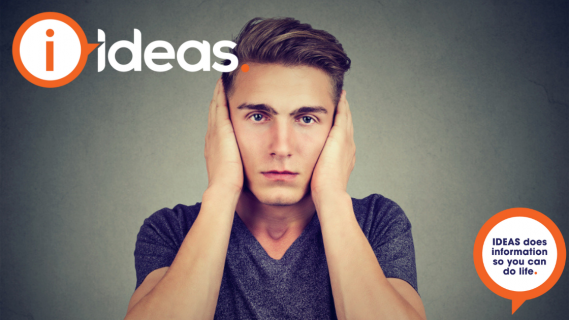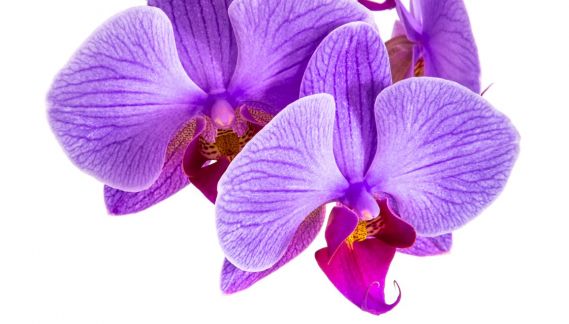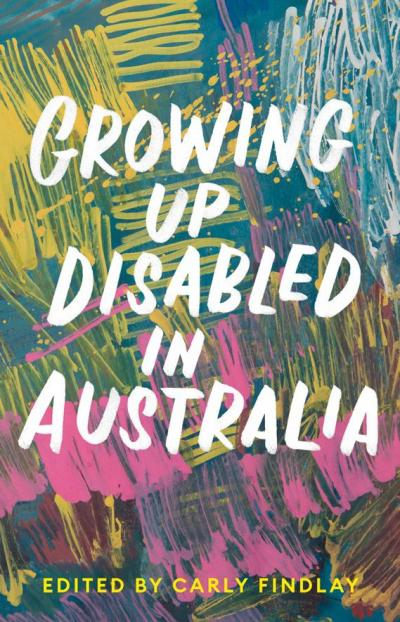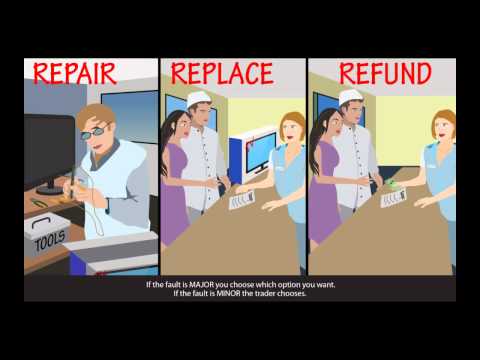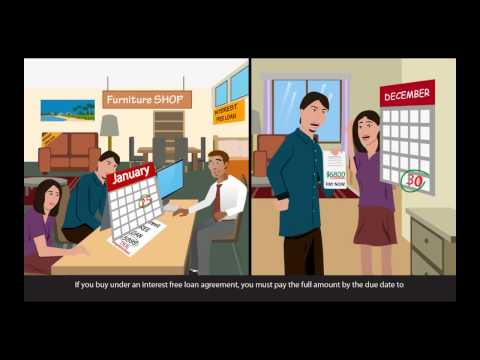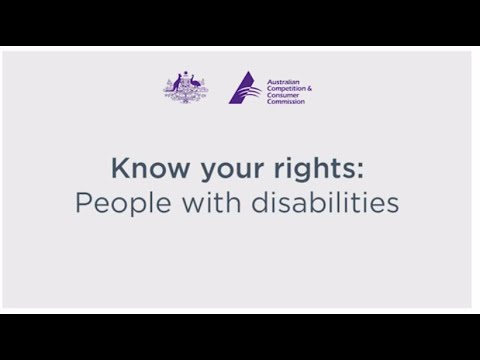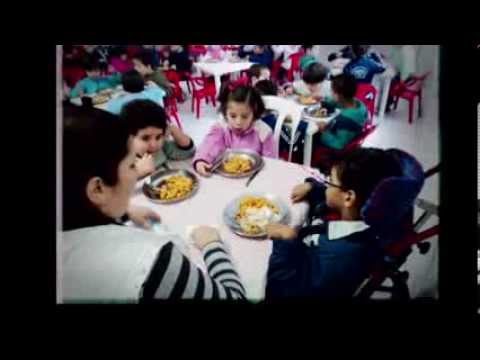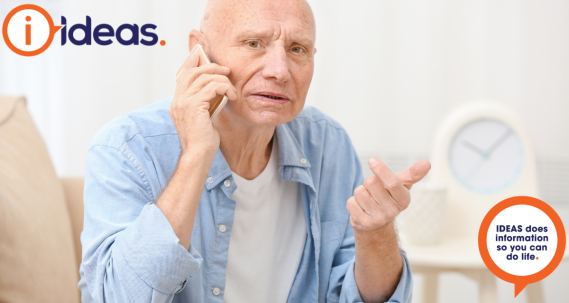This week, we celebrate National Sorry Day on May 26 and National Reconciliation Week from May 27 to 3 June. NRW starts and ends by commemorating two significant milestones in the reconciliation journey – the Referendum (27 May 1967) acknowledging Aboriginal and Torres Strait Islander peoples, and the High Court Mabo decision (3 June 1992).
This year marks the 20th year and this year’s theme for NRW is “In This Together”, which, considering the times we are in, living through the bushfire and COVID-19 crises, is particularly poignant. In This Together is relevant in times of crisis, but also in the path to the reconciliation of Indigenous and Non-Indigenous Australians.
National Sorry Day is held on 26 May each year to acknowledge and recognise members of the Stolen Generations. the Bringing Them Home report (tabled in Federal Parliament on 26 May 1997) recommended that a National Sorry Day be celebrated each year. It wasn’t until 13 February 2008 that the Australian Prime Minister of the day, Kevin Rudd made the Apology to Australia’s Indigenous peoples.
Quaden’s journey
Quaden Bayles is a young Indigenous boy with a visible disability. He is a person of short stature and was born with achondroplasia dwarfism. He is an advocate for Stand Tall 4 Dwarfism.
Earlier this year, Quaden's mum made a live broadcast on social media showing his pain and suicide ideation after a bullying incident at school. The video went viral with more than 17 million views and was met with an outpouring of love and support for Quaden.
He should not have to carry this burden. His social and emotional wellbeing should be supported and nourished by his community.
Quaden has since been in contact with a resilience coach from the United States, who is helping him online to develop the skills and the mind frame he needs to combat his feelings of sadness and suicide ideation. Quaden’s journey from his lowest point of desperation and depression to building resilience skills and self-empowerment has been a tremendous one.
The Big Picture
Bullying can be very hurtful and cause lots of pain. It can even lead to feeling suicidal. Indigenous people experience racism, and people with disability experience ableism everywhere they go. They are more likely to experience bullying and abuse too.
Suicide is the leading cause of death for young people and suicide rates are at least 2 and a half times higher for Aboriginal and Torres Strait Islander peoples than the national average. School students with disabilities are also more likely to be bullied due to systemic ableism and a lack of disability awareness and education in the wider community.
Systemic disability and cultural awareness and community engagement are needed to build a more accepting and inclusive society. We are “In This Together”.
Disability and appearance activist, Carly Findlay, spoke up to support Quaden in the aftermath of the viral video. Carly has a skin condition called Ichthyosis, which causes redness and dry skin. Carly regularly calls out people who exclude and bully her for the fact that she looks different.
In 2010, Carly wrote a very profound and candid blog post about bullying in response to media reports on the death of a young girl by suicide triggered by bullying.
“It is heartbreaking to know that human beings have the power to make others feel so worthless to the point they take their own life.”
She also describes her own experiences of bullying because of the way she looks.
“I have been bullied throughout my life, mostly at school. I’ve never forgotten it. I would be called names, teased because of my appearance, I was once stabbed with a protractor in class, and I felt never had many true friends through my school life. The worst thing I felt was the exclusion by other kids. I had no one to sit with at lunchtime – I would sit with another boy who was bullied and isolated or in the library alone.”
You can read the full blog post on Carly's website.
Bullying hurts
Bullying, name-calling and violence hurt. When they say "stick and stones may break my bones, but words will never hurt me" it is a far cry from the truth.
It can be distressing to know that your child is being bullied. Stay calm and positive but allow your child a safe space to feel sad and hurt. It is okay not to feel okay, and the words and actions of others can hurt. Talk about and practice strategies for face to face or online bullying (known as cyberbullying) and report any bullying incidents to the school.
School principals, school counsellors and classroom teachers can help kids who have been bullied. It is important for kids to feel safe and have an adult they can trust and talk to if they experience bullying. Parents need to talk to their children about respect and kindness and to educate them about differences they will come across in their daily lives. Differences include disability, size, shape, skin, hair and eye colour, cultural, language and religious differences.
Bullying can happen online, in the workplace and community too. It is not just a "school-yard" problem. If you experience bullying in the workplace, you are protected by anti-bullying regulations under the Fair Work Act.
Information and resources are available. Please refer to the crisis services listed at the bottom of this post.
Ableism
Visible or discernible differences are a part of life. Everyone is different. People with a disability, however, can face barriers to access and inclusion due to their differences. Social barriers can be just as significant as physical or practical ones.
Over 20% of Australians have a disability; however, many of these disabilities are not visible. Ableism is a set of beliefs and practices which devalues and discriminates against people with physical, intellectual, sensory or psychosocial disabilities. Ableism relies on an understanding of disability where people with disability need to be 'fixed' in one way or another and is consistent with the medical model of disability.
The social model of disability, however, acknowledges that barriers to inclusion and access are external to people with disability and that social expectations and physical barriers to access and inclusion are what need to be addressed.
Racism
It Stops with Me
Racism comes in many forms. It happens in many places.
It can be easy to ignore it or think it’s not worth the trouble to respond.
But that can just help make it acceptable.
All of us can say no to prejudice.
All of us can take a stand against discrimination.
Cheers turned to boos in the final years of AFL champion footballer Adam Goodes' career when he publicly called out racism. The Final Quarter is an impassioned documentary film which tracks Australia's heated response to Adam Goodes and featured at the Sydney Film Festival in 2019.
Visit www.itstopswithme.humanrights.gov.au for information and resources.


